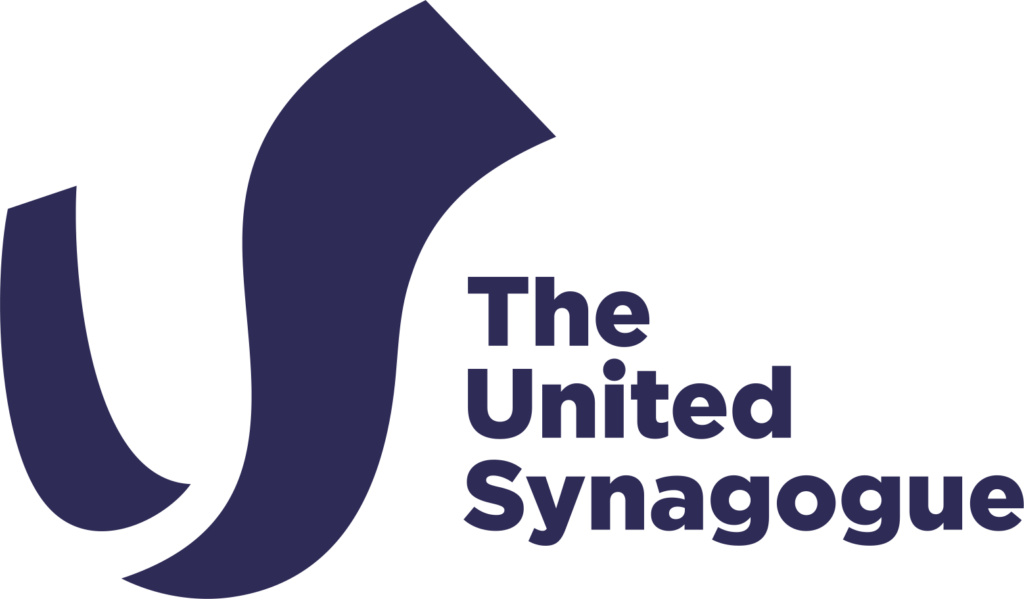By Rabbi Baruch Davis, Emeritus Rabbi of Chigwell & Hainault Synagogue, Daf Hashavua Editor-in-Chief
There is thunder, lightning, fire and smoke, the ground shakes and the shofar can be heard loud and clear. And then God calls out as He introduces Himself: “Anochi… I am the Lord your God, Who brought you out of the Land of Egypt…”, the first of the Ten Commandments. This was Divine Revelation at Mount Sinai, the most dramatic moment in our history – in human history – our defining moment!
Three times a year – with the reading of the sidrot of Yitro and Va’etchanan – and especially on Shavuot as part of the Torah reading for the first day and at the Tikun Leil Shavuot, where we stay up all night to learn Torah – we relive this moment. As we read about this drama in shul, we stand and listen in solemn silence to the Ten Commandments. Strangely enough, this is not the practice in every shul. Why not?
The Talmud (Berachot 12a) says that, although the Ten Commandments were recited daily in the Temple, along with the Shema and other prayers, this was not permitted elsewhere, for fear that people might say that only the Ten Commandments came from God, not the rest of the Torah. Rabbi Moshe ben Maimon (Rambam, 1138-1204) in his Responsa no. 263 was concerned that people might feel (wrongly) that some parts of the Torah were more important than others and therefore one should not stand for the reading of the Ten Commandments but remain seated.
In contrast to the Rambam, the Midrash Bemidbar Rabba (13:16) seems to suggest that this part of the Torah is indeed more important than others, claiming that the Ten Commandments contain all the Torah’s commandments. Many commentaries effectively demonstrate how the Ten Commandments encapsulate all the mitzvot – but that’s for another article.
Rabbi Yitzchak Abarbanel (1437-1508) adds that the Ten Commandments were the only words spoken directly by God to Israel and engraved on stone by Him. Rabbi Chaim Yosef David Azulai (the Chida, 1724–1806) adds that since the Children of Israel “stood from afar” when the Torah was given (Shemot 20:14), when the Ten Commandments are read publicly, we should do the same.
Rabbi Moshe Feinstein (1895-1986) suggests it is not just the text itself which is important, but the context in which we received it – Divine Revelation and the only time that God spoke directly to an entire nation. Rabbi Feinstein also connects the custom of standing up for the Ten Commandments with the custom of standing for the reading of Shirat HaYam, the song following the crossing of the Sea of Reeds, sung at the final stage of our departure from Egypt and at a time when the people experienced a very high level of prophecy (Iggrot Moshe, Orach Chaim 4:22).
Rabbi Ovadia Yosef (1920-2013) follows the ruling of the Rambam but suggests that if one is in a shul where the custom is to stand for the Ten Commandments, one should stand up earlier, at least from the beginning of the portion containing the Ten Commandments (Yechaveh Daat 1:29). This is the practice in many communities, albeit for a different reason: so as not to disturb the reading itself.
Our custom is to stand when the Ten Commandments are read, but there is no doubt that the apprehensiveness of the Talmudic sages and the Rambam – that people might think that only the Ten Commandments are important – is a major concern. Learning Torah on Shavuot reminds us that the entire Torah is Divine, and this is what we have in mind when we stand for the reading of the Ten Commandments.

